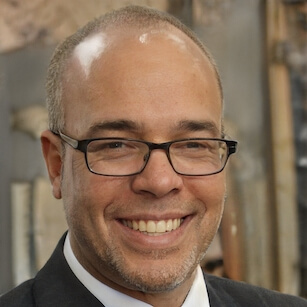In my experience, determining the target audience for a new product or service is a crucial step in the marketing process. I like to start by conducting thorough market research, which typically involves analyzing data from various sources, such as industry reports, customer surveys, and competitor analyses. This helps me identify potential customer segments and their needs, preferences, and behaviors.
Once I have a good understanding of the market landscape, I work closely with the product development team to create detailed buyer personas. These personas represent the ideal customers for our product or service and include information on demographics, psychographics, and pain points. From what I've seen, having well-defined buyer personas is essential for crafting targeted and effective marketing messages.
In one of my previous roles, we were launching a new software solution for small businesses. Through our research, we identified three primary customer segments: startups, growing businesses, and established enterprises. We then created buyer personas for each segment and tailored our marketing strategies accordingly. This approach helped us to better connect with our target audience and led to a successful product launch.
Once I have a good understanding of the market landscape, I work closely with the product development team to create detailed buyer personas. These personas represent the ideal customers for our product or service and include information on demographics, psychographics, and pain points. From what I've seen, having well-defined buyer personas is essential for crafting targeted and effective marketing messages.
In one of my previous roles, we were launching a new software solution for small businesses. Through our research, we identified three primary customer segments: startups, growing businesses, and established enterprises. We then created buyer personas for each segment and tailored our marketing strategies accordingly. This approach helped us to better connect with our target audience and led to a successful product launch.








